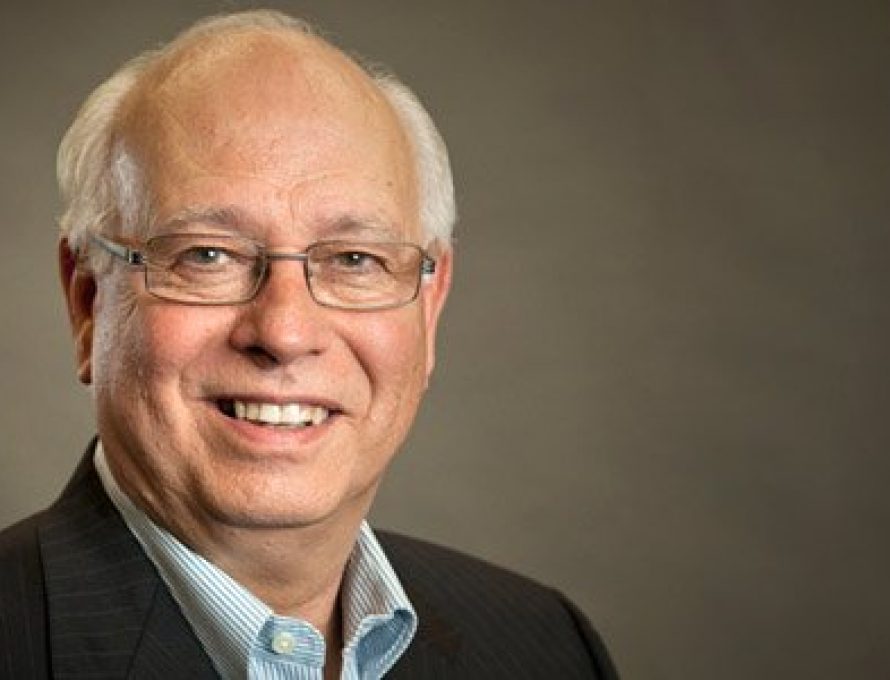The world has changed. Yet many things remain the same. Before 2000, we didn’t hear much about sex abuse among our Baptist family. That doesn’t mean the sin was not occurring. It simply meant it was too despicable a sin to talk about in public.
I heard the warning with my own ears from Dr. Richard Land, then president of the SBC’s Ethics and Religious Liberty Commission, now retired. “With the access the internet affords, the sewers of depraved humanity will flow into the homes of America,” he said. He was right. Very little does sin cause any of us to blush when it is spoken about in public today.
According to some, we have progressed (or should I say “digressed”) toward what students called for in the sexual revolution of the 1960s. Others understand that the sins of the past are bearing the fruit of lasciviousness today. Social media has exposed everything people once thought was secret.
Church, this is not the way it should be among us. We are called to be holy. We are empowered to be holy. Holiness and purity should be the adjectives people use to describe the people of God on mission with God. Our God knows everything about us. He does not have to resort to the internet.
Right now, the sin that has captured the attention of Missouri Southern Baptists is sex abuse of any kind, past or present. It is the responsibility of disciples of the Lord Jesus to work through their local church to ensure a safe environment for everyone who enters our church houses and associational facilities.
At the same time, all of us must respond promptly and appropriately when we are contacted by anyone with allegations of sexual abuse or physical neglect in their church family or among their guests.
Missouri law requires all “ministers” to be mandatory reporters of sexual abuse or neglect allegations regarding minors. This certainly includes pastors and other ministerial staff members at MBC-affiliated churches, associations, or entities. Think about it. Sensual sin is so pervasive among us that the “state” was pressured to step in and mandate action.
If you are contacted about alleged sexual abuse or physical neglect regarding minors, please follow the guidelines below at least for now. I say at least for now because there are more comprehensive actions being developed to help our church leaders create a safe space:
First, gather as many details as you can and document each conversation. It’s not your responsibility to judge whether the allegations are true or false, but to collect as much information as you can regarding names, dates, and specific allegations.
The person bringing the allegations may remain anonymous. The person also may wish to keep the names of other survivors anonymous. This request should be honored, although local, state, and national authorities do seek as much detail as possible.
Second, you must immediately file a mandated report with one or more of the following:
• Law enforcement (local police or sheriff’s office; 911)
• Abuse hotlines: Missouri Child Abuse and Neglect Hotline (800.392.3738); the National Child Abuse Hotline (call or text 800.4.A.CHILD); and the Cyber Tipline (800.THE.LOST)
It’s very important that the allegations be reported immediately.
Third, call your insurance carrier. To adequately cover an array of expenses, your agent and carrier need to be informed. They do not need details like law enforcement requires. They just need to be informed about incidents that may have occurred on the premises, or at a church event, or in the context of the church/association’s ministry.
Fourth, we are compelled by the love of Christ to help people victimized by sexual abuse. Leaders of an impacted church may seek assistance for abuse survivors and their families. This may include:
• Legal help – Missouri Legal Services (www.lsmo.org)
• Victim advocacy – Missouri Crime Victim Services (573.526.1464)
• Treatment providers – Dept. of Mental Health (800.364.9687)
• Children’s Advocacy Center (www.nationalcac.org/find-a-cac)
Finally, it’s always a good idea to urge your church, your associational leaders, and other MBC-affiliated churches to receive training in sexual abuse prevention and response. Three excellent resources are:
• Stewards of Children Training (Darkness to Light) from the Missouri Baptist Children’s Home
• Ministry Safe, a video-driven training that is free to MBC-affiliated churches, along with discounted annual memberships
• Caring Well, a compilation of free resources made available by churches giving through the Cooperative Program to the Ethics & Religious Liberty Commission
There are more comprehensive resources forthcoming for Southern Baptist churches and for Missouri Baptists. As a “minister,” use this information is a basic frame work of response. Consider these guidelines a “Draft” because there is more comprehensive content in the works.
We must work together unceasingly and uncompromisingly to ensure that MBC-affiliated churches, associations, MBC entities, boards, commissions, and convention staff provide the safest of all possible spaces for all people, especially the most vulnerable among us.
Yes, the world has changed and yet it remains the same. Sin, especially sensual sin, is as old as the ages, and it still feeds the brokenness of people and families. Sexual and physical abuse leave in its wake anger, fear, unforgiveness, and many other negative experiences.
The Lord Jesus offers hope, forgiveness, holiness, and an opportunity to experience His healing, purpose, and authentic love in the context of post-abuse living. He hasn’t changed. It is His bride that needs cleaning and wholeness.

